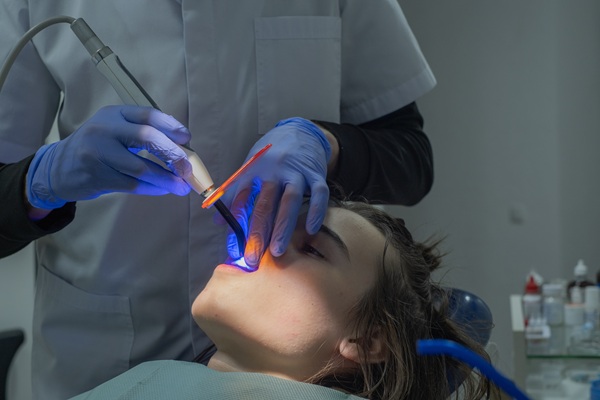 Implant-supported dentures are ideal for many dental professionals and their patients. They offer many benefits over their alternatives, including a natural look and results lasting around 15 years or more. If you are considering restoring your smile with implant-supported dentures, we have outlined a few things to know before your appointment.
Implant-supported dentures are ideal for many dental professionals and their patients. They offer many benefits over their alternatives, including a natural look and results lasting around 15 years or more. If you are considering restoring your smile with implant-supported dentures, we have outlined a few things to know before your appointment.
Candidacy for implant-supported dentures
Implant-supported dentures are not ideal for everyone. The ideal candidates will be missing all their natural teeth or have missing teeth in sporadic areas in the upper or lower jaw.
In addition, considering that dental implants will be surgically placed in the jawbone, patients must have healthy gums and a jawbone with sufficient volume and density. We often see damaged or deteriorated jawbones in those with periodontal (gum) disease or who have been missing teeth for some time. In some cases, the dentist can perform a bone graft for those with insufficient jawbones to improve the chances of candidacy.
The process is lengthy
After approval, patients must understand that the process occurs in stages. These stages will stretch over three to six months. The second stage varies from patient to patient and depends on whether or not the patient needs teeth extracted or a bone graft. The third stage involves placing the dental implant post(s), titanium screws, into the jawbone.
After the third stage, the patient will begin healing and a process called osseointegration, where the screws fuse into the jawbone. This healing process varies and depends on the patient's immune system, but an average of 8 to 10 weeks is common for this stage. The fourth stage will be placing abutments into the gums that act as an anchor for future dentures. Finally, there will be another healing process that only takes a few weeks before the final stage of placing the dentures.
They can be fixed or removable
Implant-supported dentures give patients the option to have removable appliances or fixed ones. With fixed or hybrid dentures, the dentist will attach the appliance to the patient’s jawbone, surrounding the dental implant. After placing, only the dentist can remove the appliance for adjustments and cleaning.
Removable dentures will snap onto the dental implant(s). Due to their design, they are able to stay securely in place while the patient speaks and chews but are easy to remove when necessary.
Caring for the dentures
Like one's natural teeth, dentures require diligent care to prolong their lifespan. Therefore, patients must brush and floss their dentures regularly (twice a day) with a soft-bristled toothbrush and nonabrasive toothpaste. For removable dentures, patients will need to soak them in a solution (we will advise the brand during the appointment) overnight. While removed, patients should clean around their dental implants and use oral rinses to remove bacteria.
Patients also need to be aware that they can still experience diseases and infections. Therefore, biannual dental appointments are still necessary after receiving dentures.
Learn if you are a candidate today
Implant-supported dentures can restore your smile with a natural and durable finish. Though the process is lengthy, it is worth it in the end. If you are interested in learning more about dentures, contact our office. Our team will answer any questions you may have and schedule your first consultation to determine if you are an ideal candidate.
Request an appointment or call Cosmetic & Family Dentistry of the North Shore at 781-443-8268 for an appointment in our Swampscott office.
Recent Posts
Curious about overdentures? This review discusses what overdentures are and how long you can expect them to last. If you are having issues with your dentures or have yet to start the tooth replacement process and have concerns with the strength and reliability of traditional removable dentures, then overdentures that are supported by dental implants…
Dentures are the traditional tooth replacement solution. Also known as false teeth, dentures are known for being low maintenance and easily accessible. But it may be time for a replacement if the dentures are slipping out, shifting around, or causing pain. This article will help patients better understand the signs of ill-fitting dentures, potential solutions,…
Dentures can restore confidence in one’s smile and quality of life for those who have suffered tooth loss. However, it may not happen overnight, and getting used to dentures will take some time. Still, many denture wearers find the benefits of dentures are worth the wait. Though it may take some time to acclimate to…


